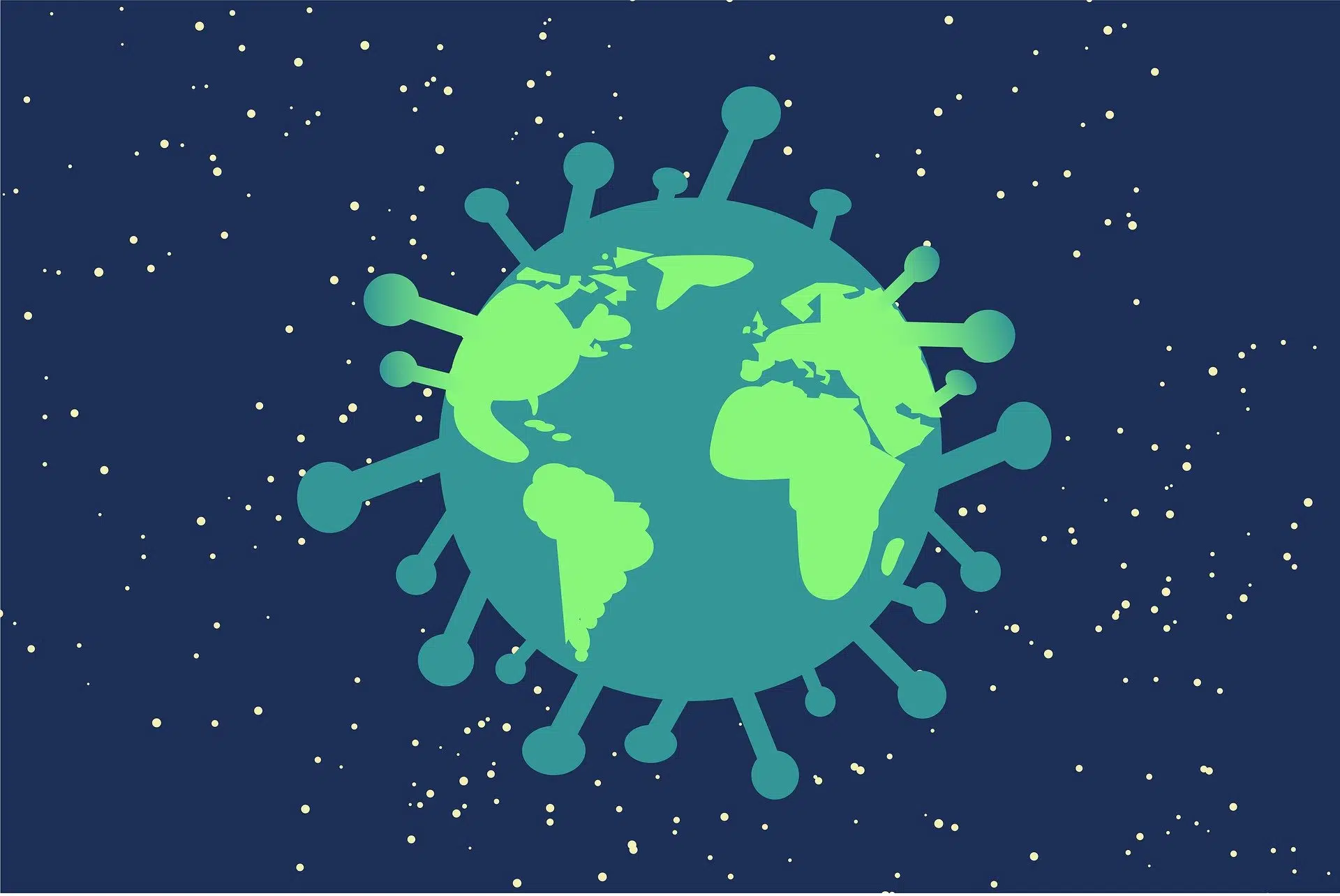
MiroslavaChrienova/ Pixabay
Despite having no safety data or efficacy data from final clinical trials, China and Russia have already begun COVID-19 vaccinations. They have been hardly criticized for prematurely exposing the public to these vaccines.
However, Maxwell Smith, an assistant professor for Health Sciences at Western University, has been exploring ethics and pandemics for the last 12 years. He says it’s not terribly normal for unlicensed vaccines to be used.
“The the idea here is that Russia and China, they quickly developed a vaccine and have authorised it for public use. I think that it’s not abnormal to have an emergency use authorization for a vaccine or a drug. But the process by which they did that was pretty abnormal,” Smith says. “The data they used in order to authorise the vaccine for use was not clear, and the process by which they authorise that vaccine for use isn’t hasn’t been very transparent.”
Maxwell Smith was also a member of the World Health Organization’s (WHO) Ethics and COVID-19 Working Group, he reflects back on working with the group
In The Lancet journal, Smith and other colleagues from the Faculty of Health Sciences studied recent experiences where emergency use authorizations were granted for investigational Ebola virus vaccines in Guinea and the Democratic Republic of the Congo. They did this to identify key lessons that could guide emergency use authorizations for COVID-19 vaccine candidates. One of the key ones is transparency and Smith explains why that is.
“Well, imagine that the vaccines that have been used in Russia and China are incredibly safe, and you don’t have trust amongst the public that the vaccine is safe and effective, or they don’t trust the decisions, then it might be the case that the public simply doesn’t get vaccinated,” Smith stated. “So we suggest, we need transparency around the criteria that we use to authorise these vaccines, and we need transparency about the data that we base our decisions on those.”
Smith’s team also argued that any decisions of any approval of a vaccine need to be grounded to a favourable risk-benefit ratio.
“We need to make sure that there is confidence that this will have more benefits than risk. The public should actually weigh in on how much risk they would be willing to tolerate in order to get a vaccine that’s effective,” Smith argued. “Finally, we argue that even if we satisfy all those conditions, we need some degree of systematic and rigorous ethical oversight of that decision-making process.”
The recent news of Pfizer and German partner BioNTech saying their new vaccine has been 90 per cent effective in preventing COVID-19. With this, Smith believes that the United States will consider emergency authorization of these vaccines and says Canada will consider them too in the near future.





Comments